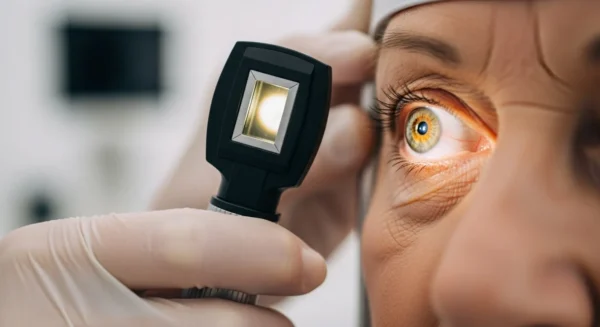
Frequently Asked Questions
1. Are expensive “anti-aging” skin care products better for seniors?
Not necessarily. The price of a product is not a reliable indicator of its effectiveness. Many affordable, drugstore brands offer fantastic, dermatologist-recommended products. What truly matters are the ingredients. Look for products with proven, gentle ingredients like ceramides, hyaluronic acid, glycerin, zinc oxide, and titanium dioxide. Focus on finding a simple cleanser, moisturizer, and sunscreen that your skin tolerates well, rather than spending a lot on products with exotic-sounding claims.
2. What’s the real difference between a “sunscreen” and a “sunblock”?
These terms are often used interchangeably, but they refer to two different types of sun protection. Sunscreen typically refers to chemical formulas that absorb UV radiation and convert it into heat. Sunblock refers to physical or mineral formulas, most often containing zinc oxide and/or titanium dioxide, that create a physical barrier to block UV rays. Many dermatologists recommend physical sunblocks for mature and sensitive skin, as they are less likely to cause irritation.
3. Can lifestyle changes like diet and sleep really make a difference for my skin after 60?
Absolutely. While topical products are important, your overall lifestyle plays a huge role in skin health at any age. Staying well-hydrated by drinking enough water is fundamental. A balanced diet rich in antioxidants, vitamins, and healthy fats provides the building blocks for skin repair. Furthermore, getting adequate sleep is when your body, including your skin, does most of its restorative work. Limiting alcohol and stopping smoking are also two of the most impactful changes you can make for your skin and overall health.
4. Does Medicare cover visits to a dermatologist?
This is a common and important question. In general, Medicare Part B (Medical Insurance) will cover a visit to a dermatologist if it is considered medically necessary to diagnose or treat a specific medical condition. This includes things like checking a suspicious mole, managing a chronic skin condition like eczema or psoriasis, or treating a skin infection. However, services that are considered purely cosmetic—such as treatments for fine lines, wrinkles, or cosmetic mole removal—are typically not covered. It’s always best to check your specific coverage. For detailed information on what is covered, refer to the official source at Medicare.gov or speak with a Medicare representative.
Disclaimer: This article is for informational purposes only and does not constitute medical advice. The content is not intended to be a substitute for professional medical advice, diagnosis, or treatment. Always seek the advice of your physician or other qualified health provider with any questions you may have regarding a medical condition.
Authoritative health information for seniors is provided by the National Institute on Aging (NIA) and the Centers for Disease Control and Prevention (CDC).
For insurance and medical coverage questions, refer to Medicare.gov. For mental health support, consult the National Institute of Mental Health (NIMH).















